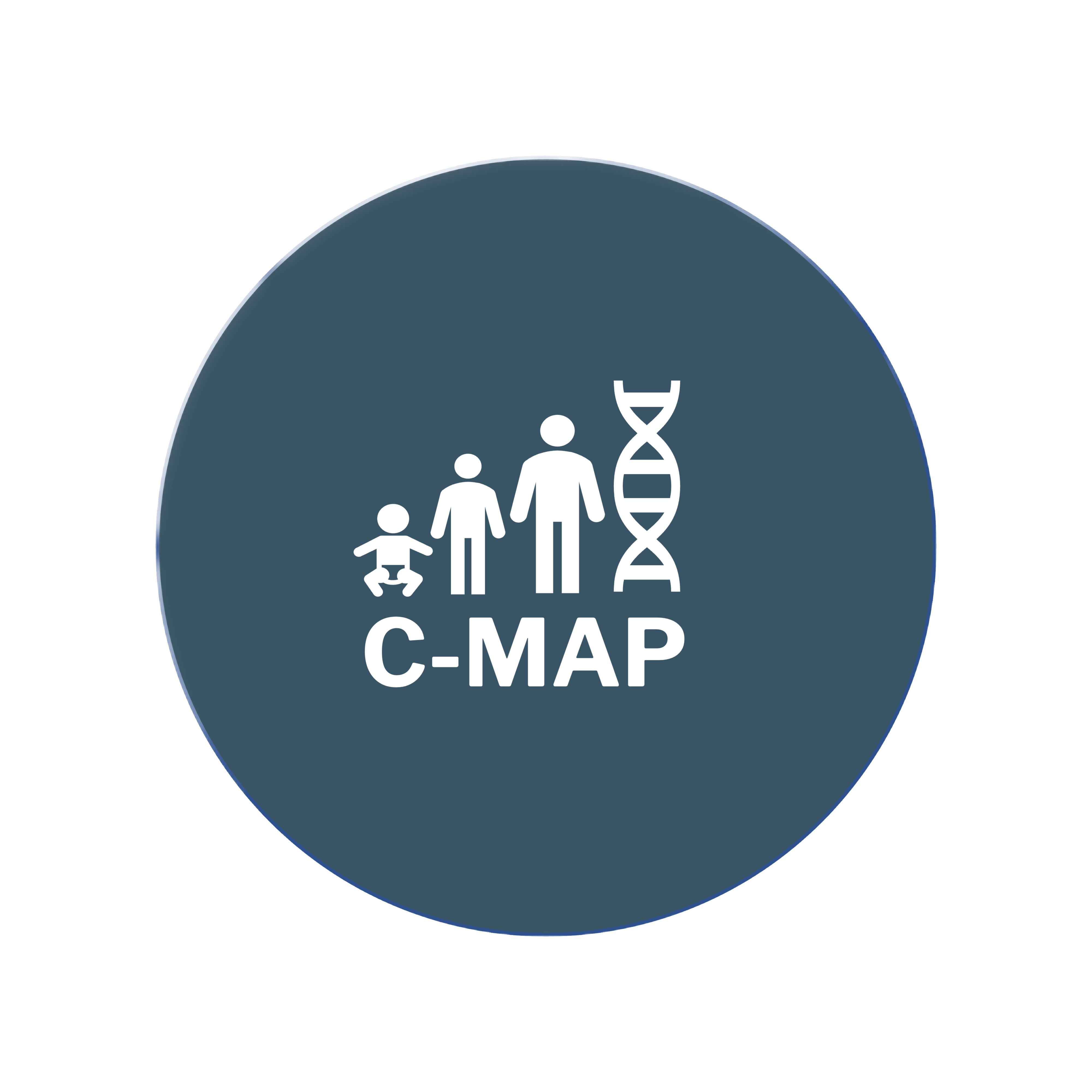Our research is organised mainly along the three following themes:
Chicken and egg: causal inference in mental health
Mental illnesses account for 32% of years lived with disability. Critically, 50% of mental illnesses are established before age 14 years. It is thus imperative to better understand the causes of early psychiatric symptoms in childhood if we are to design effective preventive interventions. However, identifying true causal risk factors is extremely difficult due to problems like environmental and genetic confounding or reverse causation (i.e. chicken and egg). For example, is alcohol use causing depression or are depressed people more likely to drink as a consequence of their depression? As a result, even well-established risk estimates can simply be a consistent measure of bias. In our lab, we aim to use statistical innovation and genetically informative designs in order to strengthen causal inference. We use the twin differences design to better identify how early adversity impact child and adolescent mental health. We also implement Mendelian randomisation, a technique that uses DNA information to make better causal inference. We have used these methods to examine the role of risk factors such as early adversity or bullying victimisation as well as understand mental health outcomes such as self-harm, ADHD, or addictions. In addition, in collaboration with national and international colleagues, we look at mechanisms that could explain how these risk factors “get under the skin” and explain later mental health difficulties (see collaborations).
Intergenerational transmission of risk for child development
Parental risk factors – e.g. psychiatric disorders and substance use – have consistently emerged as strong predictors of child psychiatric symptoms. However, we do not know whether such parental risk factors are causes or mere correlates of child symptoms and how this transmission of risk across generations occurs. The overarching aim of this strand of research is to identify intergenerational pathways linking parental risk factors to child psychiatric symptoms. We implement genetically informed methods to enable better causal inference in intergenerational research. This enables us to understand to what extent these parental risk factors do have an impact on child outcomes independently of genetics. Our findings are based on large European cohorts which genotype data on parents and children. In addition to mental health, we also examine the intergenerational transmission of risk for cognitive development and educational outcomes.
Developmental genetics and the externalizing spectrum
Part of our research focuses on the so-called “externalising spectrum” including behaviours such as ADHD, aggression and substance use. For example, we have demonstrated the importance of individual differences in the developmental course of these externalising behaviours on a range of long-term outcomes including criminality and substance abuse. We also look at the reasons behind these individual differences in the developmental course. For example, applying for the first time developmental techniques to ADHD (biometric decomposition of latent growth models), we have showed that genetic factors explained most of the individual differences in the developmental course of symptoms. In other words, developmental genetic factors seemed to largely explain persistence versus remission in ADHD. Most interestingly, these genetic factors were largely different from those explaining the baseline levels in ADHD symptoms pointing towards a specific set of developmental genes. These studies also highlighted the importance of “developmental genetic effects”, i.e. the fact that genetic influences largely explained why some children had persistent or rising levels of behavioural problems with age, whereas symptoms declined in other children. In addition, this research showed that the effects of shared environmental influences (e.g. family socioeconomic status) were largely short-term. These findings contrast with the common belief that the effects of genes are “fixed” throughout development and that changes in symptoms can be explained mainly by environmental factors (e.g. changes in family circumstances) and have profound implications regarding our understanding of how environmental risk and resilience operate throughout childhood.
We are grateful to the following present and past funders:











